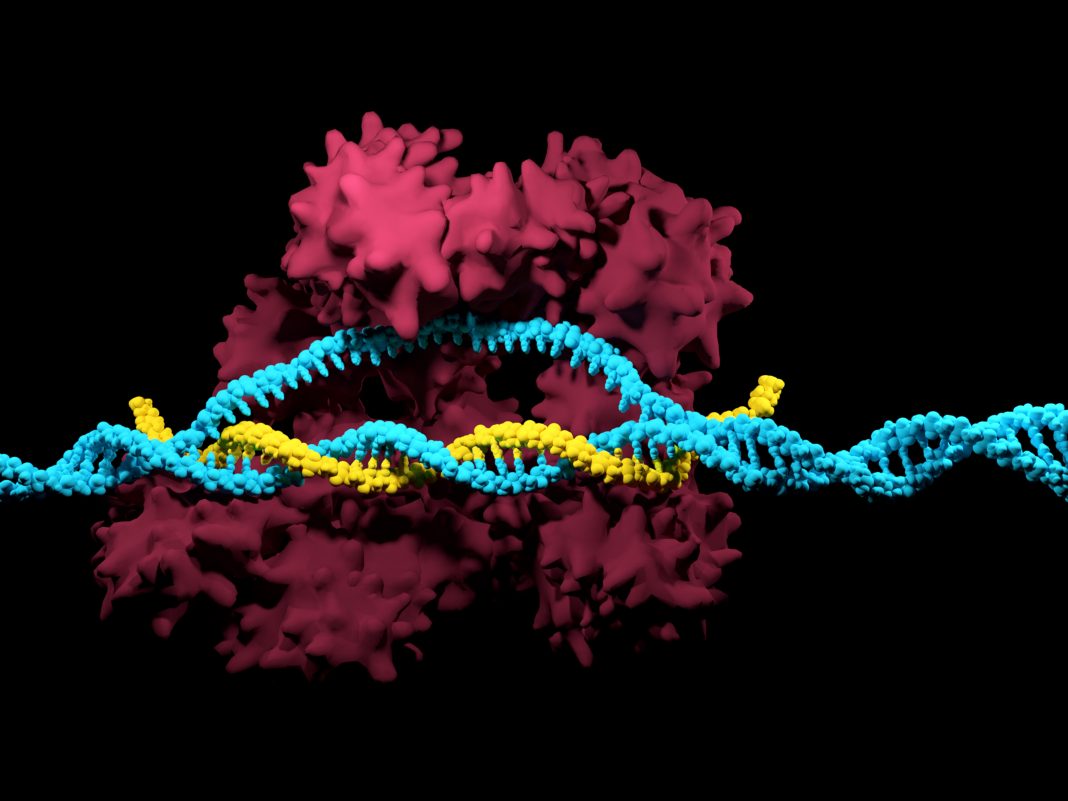
In CRISPR Cinema: Scenes from the Cutting Edge, GEN presents a film review that originally appeared in The CRISPR Journal, which is published by Mary Ann Liebert, Inc. The journal’s managing editor, Courtney Klotz, PhD, writes about Human Nature, a fascinating new documentary on CRISPR technology. Although it premiered in March, the film is still in stealth mode, available for viewing only at selected screenings. (Adam Bolt directed the film, and Dan Rather and Elliot Kirchner served as executive producers.)
I will not review Human Nature. Courtney has already done that wonderfully. But after seeing the film, I came away with a few impressions that I’d like to share.
GEN has reported on CRISPR extensively, but the movie visually reinforced for me what an extraordinary technology CRISPR is. It is, in one sense, just the latest iteration of genetic engineering, which already underpins the biotechnology industry. But CRISPR is also a game changer. Not only is it relatively efficient and easy to use, it gives scientists the ability to precisely remove unwanted genes and insert new ones to cure a disease or enhance selected traits, such as intelligence.
On this point—potential CRISPR applications—the film gets really interesting. It asks us to consider how far researchers should go in applying CRISPR to address human, animal, plant, and environmental issues. The film suggests that CRISPR could be used to “cure” human disease and to create pigs whose organs can be transplanted without being rejected by the recipients. But the film also covers more controversial possibilities, such as creating humans solely for blue eyes, tall and muscular bodies, or increased intelligence. Yellow flags start waving.
No one really knows the short- or long-term effects of inserting a new gene for a specific application. But uncertainties such as these may do little to discourage ambitious developers. But before we get carried away, perhaps we should revisit cautionary tales like Jurassic Park or even Brave New World.
My final thought has to do with David Sanchez, a teenager with sickle-cell disease, who is featured in the film as a potential CRISPR patient. This remarkable and intelligent young man and his views on living with his disease will pull your heart strings. Courtney talks about him in her review, so I will leave it at that.
The bottom line is this: Human Nature is one of the best documentaries I’ve ever seen. I hope it becomes widely available soon. This important film deserves to reach a broad audience.


